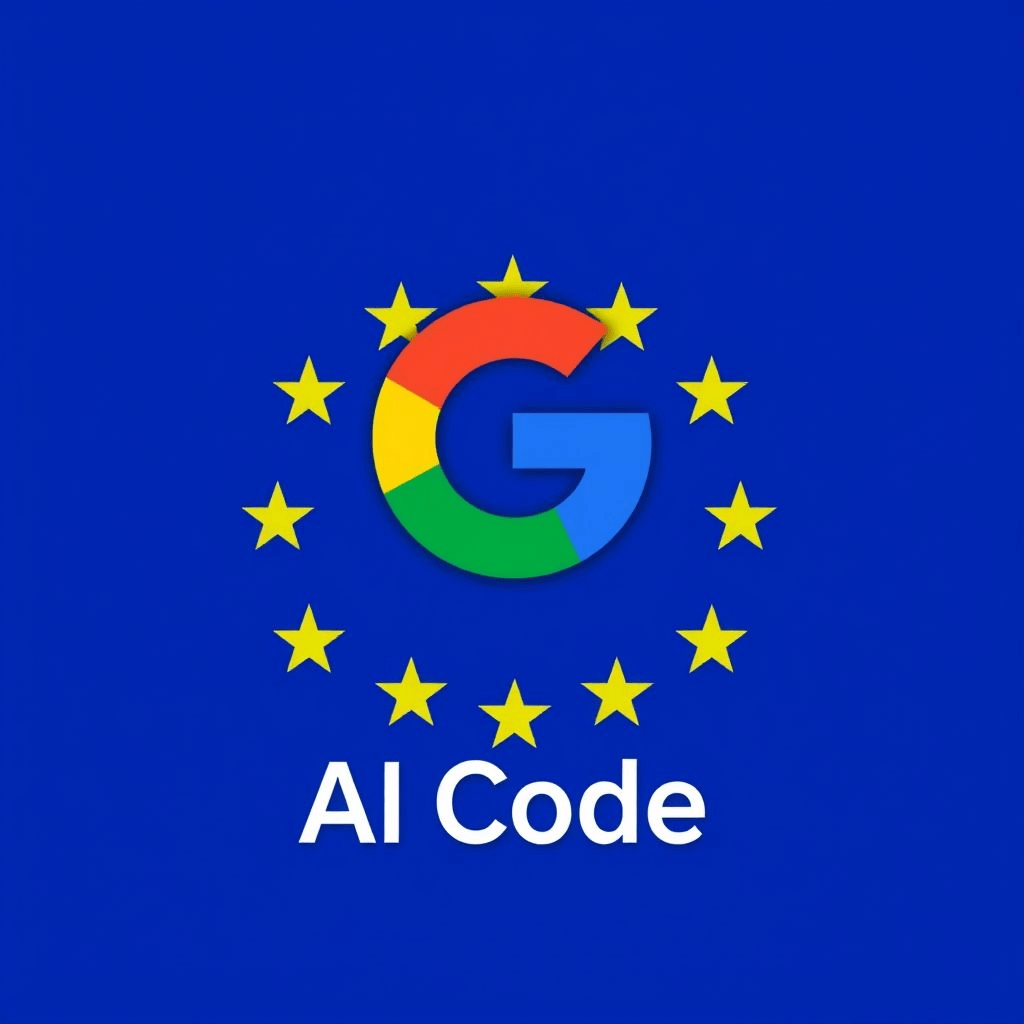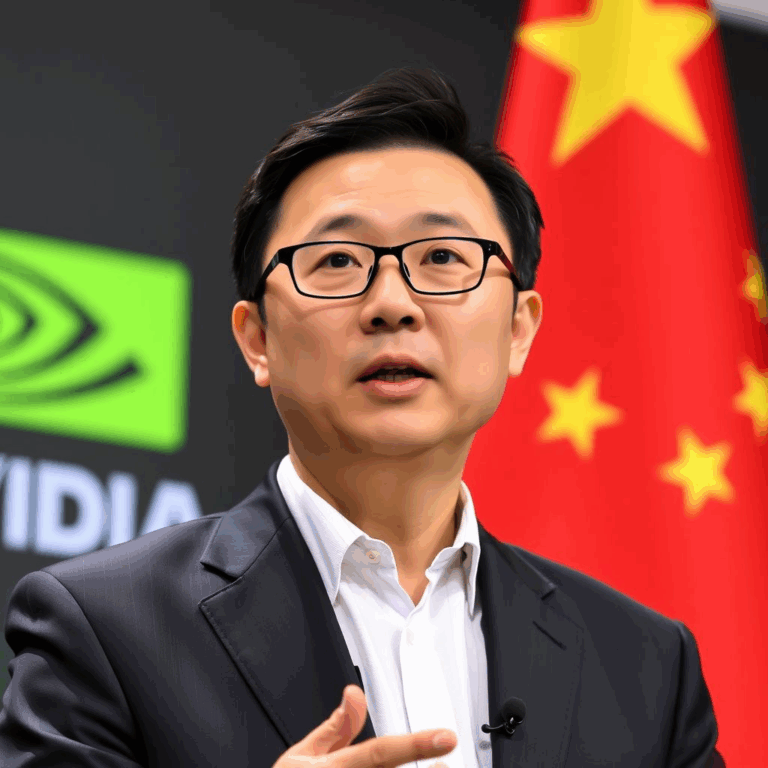Introduction
In a landmark move on July 30, 2025, Google confirmed its signature of the EU’s AI Code of Practice, signaling full alignment with the imminent EU AI Act. The development marks a critical step toward global regulatory compliance and enhances trust in Google’s AI tools under the Google EU AI code framework
Background: The EU AI Framework
The EU’s AI Act, set to come into force next month, aims to enforce stringent standards around transparency, safety, copyright, and user protection. In advance, the EU Code of Practice serves as a voluntary commitment mechanism for companies to abide by core principles before legal enforcement begins.
What Happened
- Google, among the first major AI developers—alongside OpenAI and Mistral—has pledged to follow the voluntary guidelines under the code.
- Alphabet executive Kent Walker emphasized that the move aims to “ensure secure access to high‑quality AI tools in Europe” but flagged concerns around innovation barriers particularly related to copyright law reconciliation
- Meta, by contrast, declined to sign, citing legal ambiguities and a belief the code may hinder competitiveness
Reactions and Expert Commentary
Industry observers welcomed Google’s decision as a pragmatic step to reduce friction with European regulators. A legal analyst noted: “Signing the code helps Google avoid enforcement friction once the AI Act comes online.” Critics highlight concerns over intellectual property and whether adherence may slow model training innovation.
Implications of Google EU AI code
- Regulatory protection: Google positions itself favorably for compliance once the AI Act is enforced next month.
- Trust signals: European users and institutions gain assurance that Google’s practices meet disclosed standards.
- Competitive differentiation: Google may use compliance as a marketing advantage, while Meta and others lag behind.
- Innovation trade‑offs: Commitments around indexing, training data sourcing, and transparency may limit Agile AI development.
Future Outlook
- Microsoft is expected to join Google in signing soon.
- The code may become de facto benchmark, and pressure may grow for Meta and others to follow.
- EU regulators will monitor adherence closely; failure to comply could lead to large fines under the full AI Act.
- Other jurisdictions—like the UK or U.S.—may reference this precedent in shaping future frameworks.







